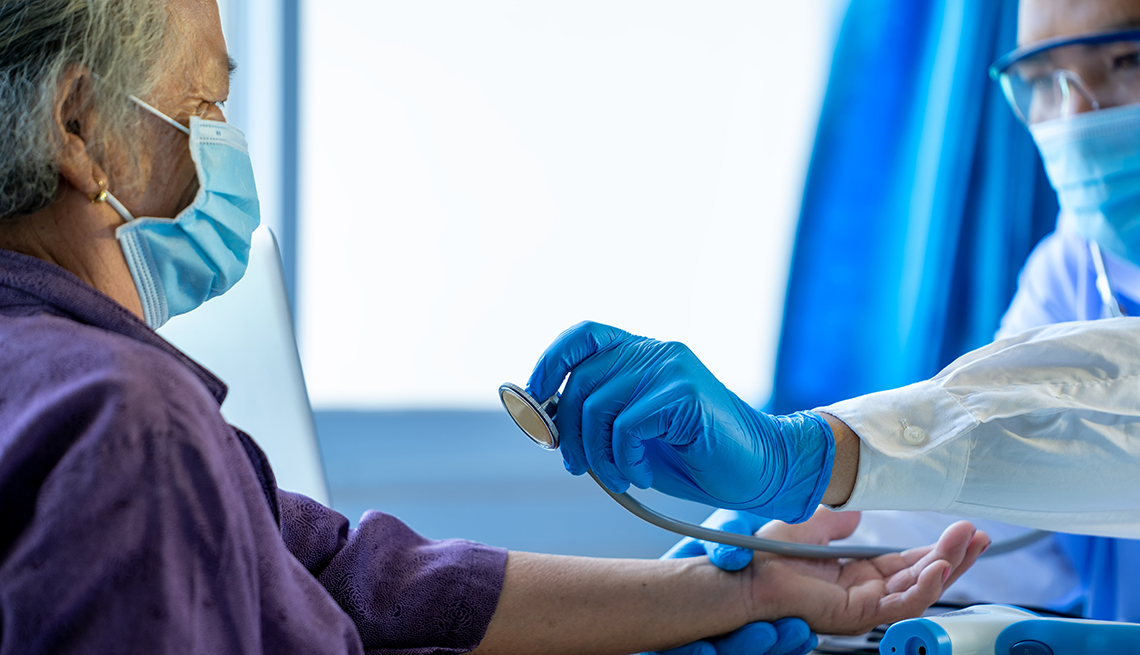
Some patients facing heart problems after covid
- Select a language for the TTS:
- UK English Female
- UK English Male
- US English Female
- US English Male
- Australian Female
- Australian Male
- Language selected: (auto detect) - EN
Play all audios:

BLOOD CLOTS AND MYOCARDITIS MAY ALSO OCCUR Other reported cardiac complications from COVID-19 include myocarditis, an inflammation of the heart muscle that can weaken it and lead to heart
failure and, in some cases, sudden death. The good news with this condition, however, is that more recent studies have shown that it might not be as common as previously thought. What's
more, Bonow says the myocarditis seen in some COVID-19 survivors is not “true damage to the heart muscle” but rather a temporary inflammatory immune response in and around the heart tissue.
Doctors are having similar problems deciding on the prevalence and lasting effects of a blood circulation disorder called postural orthostatic tachycardia syndrome (POTS) on people who have
recovered from COVID-19. The condition, which normally affects 1 to 3 million Americans, can cause a rapid heartbeat and dizziness and fatigue, especially when the sufferer changes
position. EXERCISING TOO SOON APPEARS TO BE A REAL RISK One of the few post-COVID-19 conditions that uniformly concerns experts is the risk of dangerous arrhythmias in those who exercise too
soon after recovering from coronavirus. James de Lemos, M.D., cardiology service chief at Parkland Memorial Hospital in Dallas, stresses that “people should not exercise while they are
actively recovering from COVID.” In fact, de Lemos recommends waiting a good two weeks before going back to fitness activities. As you begin to work out again, talk to your doctor if you
feel your heart racing, you get short of breath, or you have palpitations, de Lemos recommends. DON'T RUSH TO EXTENSIVE TESTING, DOCTORS SAY Ruwanthi Titano, M.D., assistant professor
of cardiology at the Mount Sinai Health System in New York City, says that she's seen patients with a wide variety of cardiac issues “ranging from chest pain to shortness of breath, a
racing heart, skipped beats, pauses, a higher heart rate than normal, and fatigue.” But the “good news,” she notes, is that the majority of patients, young and old, have “very good or mostly
normal” overall cardiac function beyond their symptoms. While experts say more research is needed, for now many doctors say patients typically shouldn't rush to get tests like MRIs or
troponin blood testing immediately after recovering from COVID-19. “You may detect minor things that don't have long-term significance. This can lead to secondary testing and expense or
anxiety,” says de Lemos. _Cheryl Platzman Weinstock is a contributing writer who covers health and science research and its impact on society. Her work has appeared in the _New York Times,
NPR_ and _Kaiser Health News.
